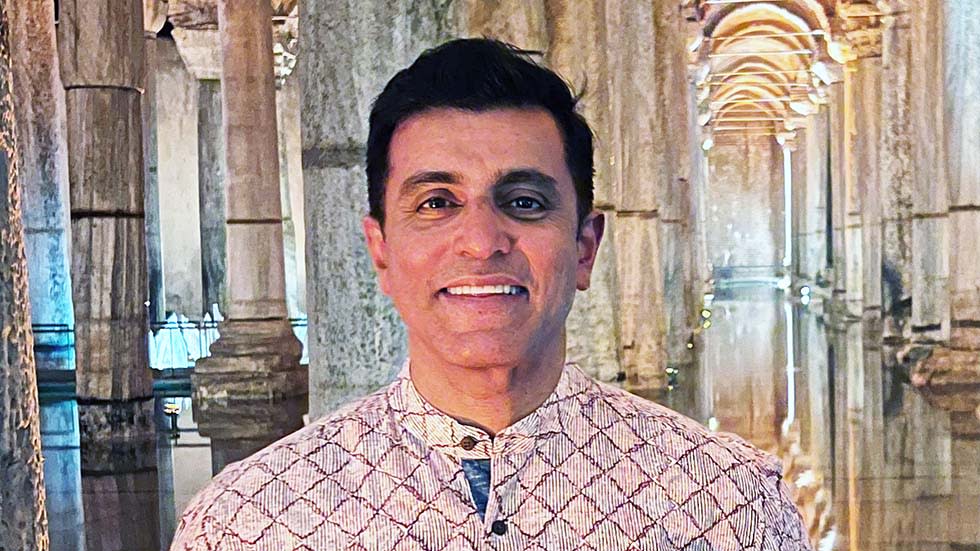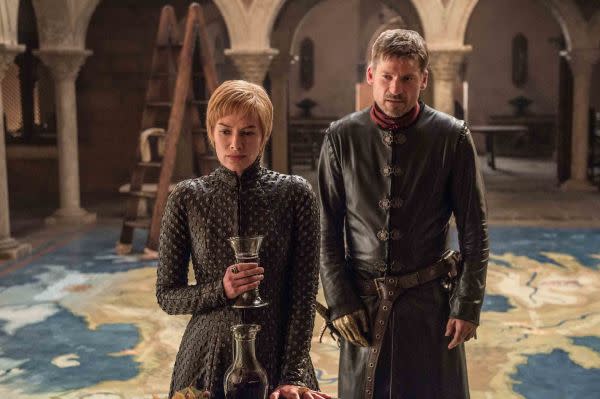The Five Spot: Narendra Reddy, COO, The Africa Channel (Q&A)

In a television marketplace with increasingly diverse programming offerings, The Africa Channel continues to connect the culture and lifestyle of the African continent to U.S. audiences.
The 18-year-old independent network’s lineup of Africa-based lifestyle and food shows, scripted series and movies can be viewed on multiple platforms including cable, through deals with Comcast, Charter Communications and Cox Communications; via agreements with free ad-supported TV platforms such as Xumo Play, Pluto TV and Tubi; and through subscription VOD service Demand Africa.
Navigating the network’s operations is veteran international programming executive and Africa Channel chief operating officer Narendra Reddy. The former independent producer and NBCUniversal executive spoke with Multichannel News about the network’s distribution and programming fortunes in an evolving multiplatform television universe.
What are some of the distribution challenges The Africa Channel faces in a crowded television marketplace? Despite the increase in the number of platforms, there is a much smaller subset of platforms that are designed and built to reach specific communities, in particular the African diaspora. Our distribution strategy is to essentially go to where our audiences are, so we are working with the traditional cable and satellite providers. We’ve also expanded our reach into the virtual MVPD platform, including agreements with Roku and Amazon, as well as with FAST and AVOD aggregators such as Xumo, Pluto, Tubi, Samsung and others. I also personally believe that there is also a strong play for us in the subscription video-on-demand market [with Demand Africa].
Bonus Five

All-time favorite shows? I’d have to stick with Game of Thrones (pictured), The West Wing, Succession and Black Mirror.
Shows on your DVR? Do people still DVR? Lupin, For All Mankind, Pachinko and Slow Horses.
Vacation destinations? Japan and Vietnam
Most memorable meal? La Colombe in Cape Town, South Africa; Indian Accent in New Delhi
Books on your nightstand? The Four Agreements: A Practical Guide to Personal Freedom by Don Miguel Ruiz; Americanah by Chimimanda Ngozi Adichie
What is behind the increasing interest in Africa-based television, music and fashion here in the U.S.? My mantra and what I’ve been advocating is that Black audiences are not monolithic. We’re seeing genres including [Africa-based] lifestyle, music, sports, travel and food all gaining a lot of resonance now across cultural lines. We believe that there is a Pan-African identity that can connect with 150 million people of the diaspora.
Having said that, what then is Africa Channel’s target audience sweet spot? I will just say broadly, our audience is people of African descent who have made their home voluntarily or involuntarily outside of the continent of Africa. The secondary audience is those who have an interest in travel, lifestyle and culture, particularly that of Africa and its people.
Will The Africa Channel eventually look to develop original programming? Based on our current economics, I would say that 70% of the content is carefully curated and licensed programming from across the continent and the diaspora. We’ve also been producing programming that speaks about the people who’ve made other countries their home, whether it’s in the U.K. or the U.S. We’ve created an upcoming series called African Royale that follows the life of a young American heiress who is honoring the legacy of her royal Nigerian heritage but who’s also navigating an independent life in America. Over the last year, we’ve been developing a slate of scripted coproductions through our production arm,
[TAC] Studios.
Given your history in the business, do you feel that today’s television
environment is the most welcoming to diverse content? Yes, and not just for the sake of increasing on-screen diversity, but because there are so many interesting diverse stories to tell. The streamers have helped make the world a smaller place when it comes to programming. Given the increased polarization in our audiences today, I do believe that there is an opportunity for media companies and storytellers to use the medium to build bridges in this country.

